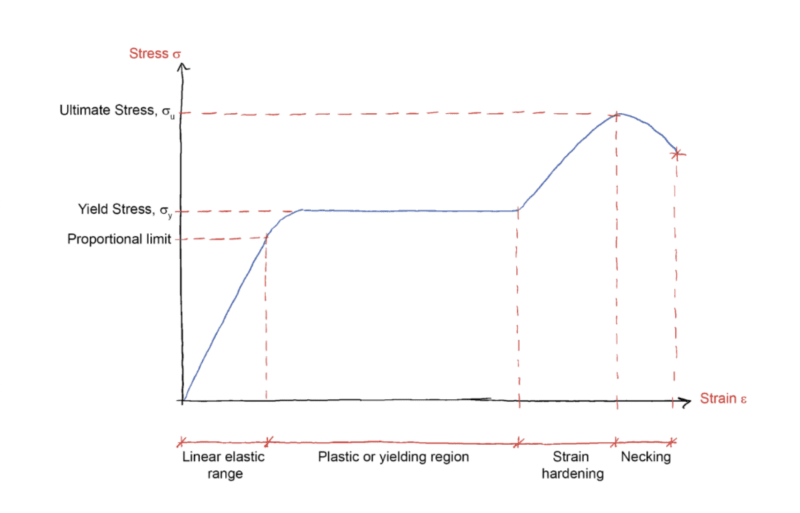SEBASTIANOFA
Automotive
Hello, Is there a thread sealant that allows to seal the metal from corrosion and keep the tightening torque unaltered? I have to use torque-to-yield bolts, for a car subframe and engine mount, this bolts are designed to stretch during the torquing.
I think about threadlocker, grease, silicone but they are all liquid and I guess they reduce the friction in the threads changing the torque specs
I think about threadlocker, grease, silicone but they are all liquid and I guess they reduce the friction in the threads changing the torque specs

